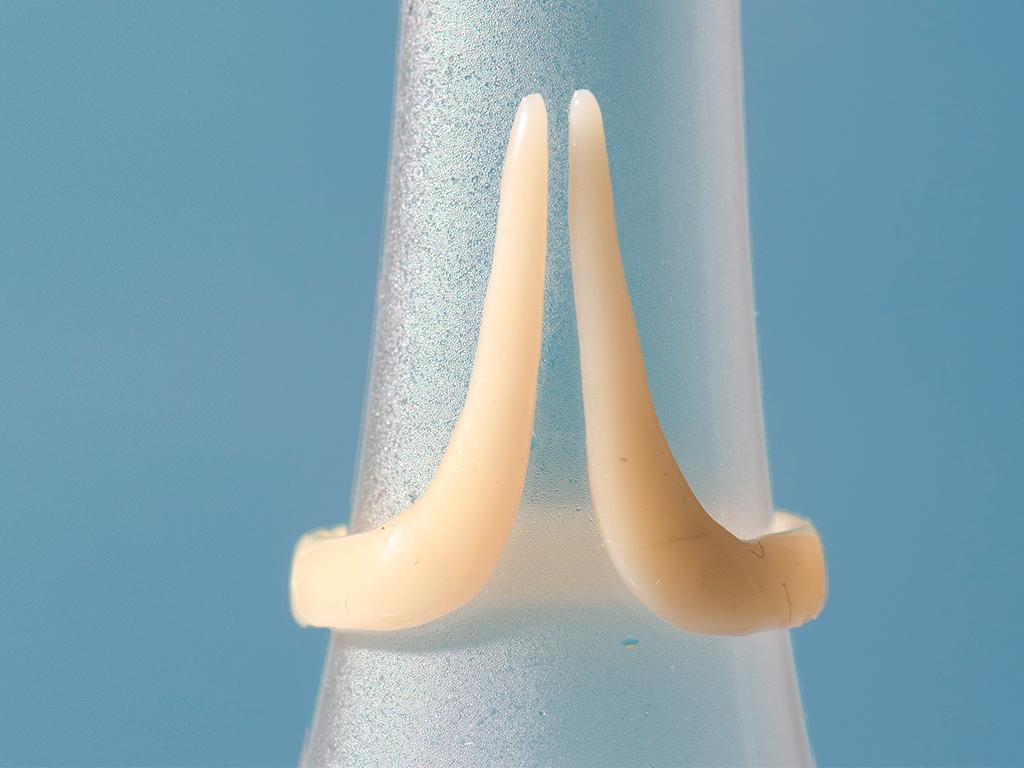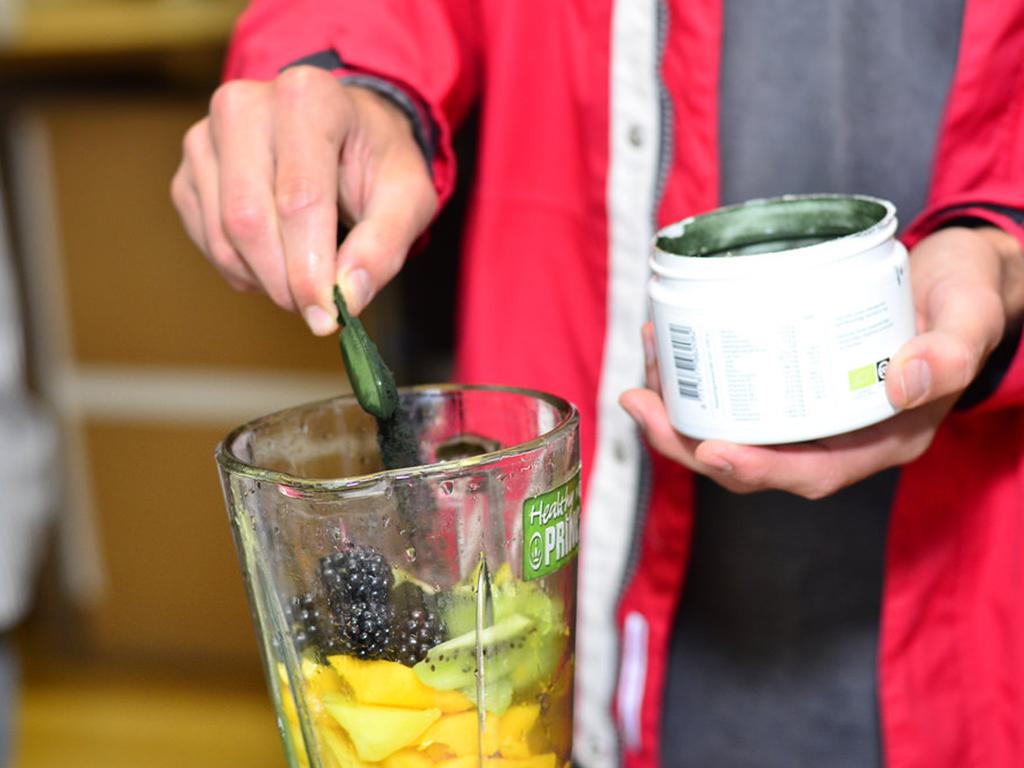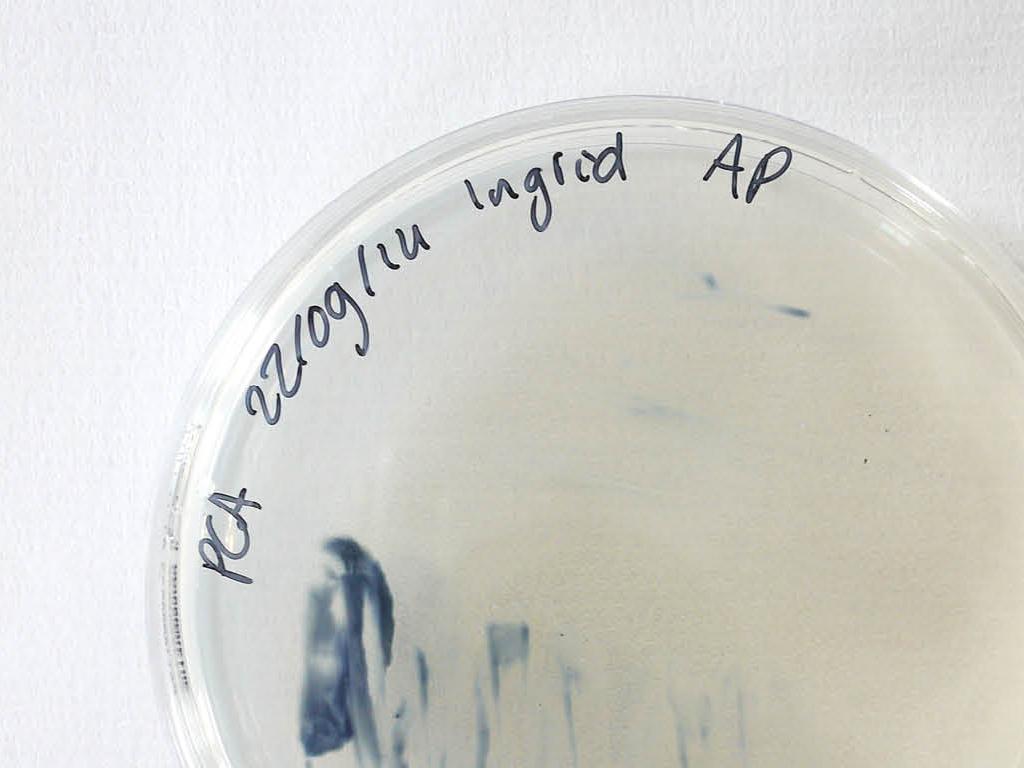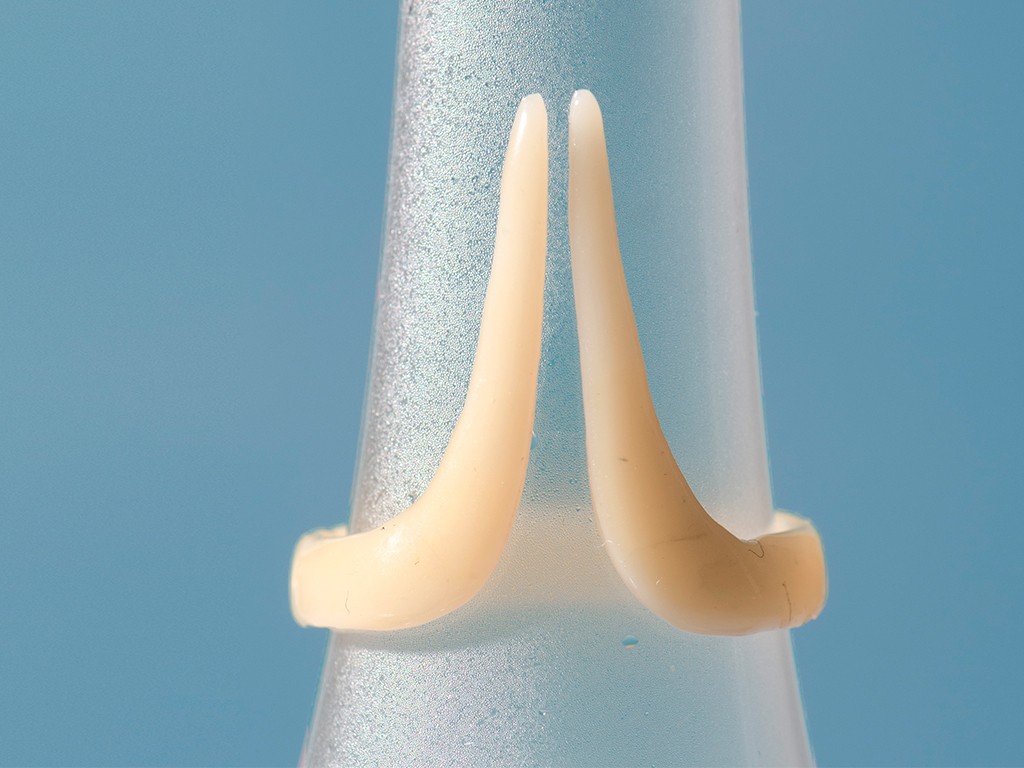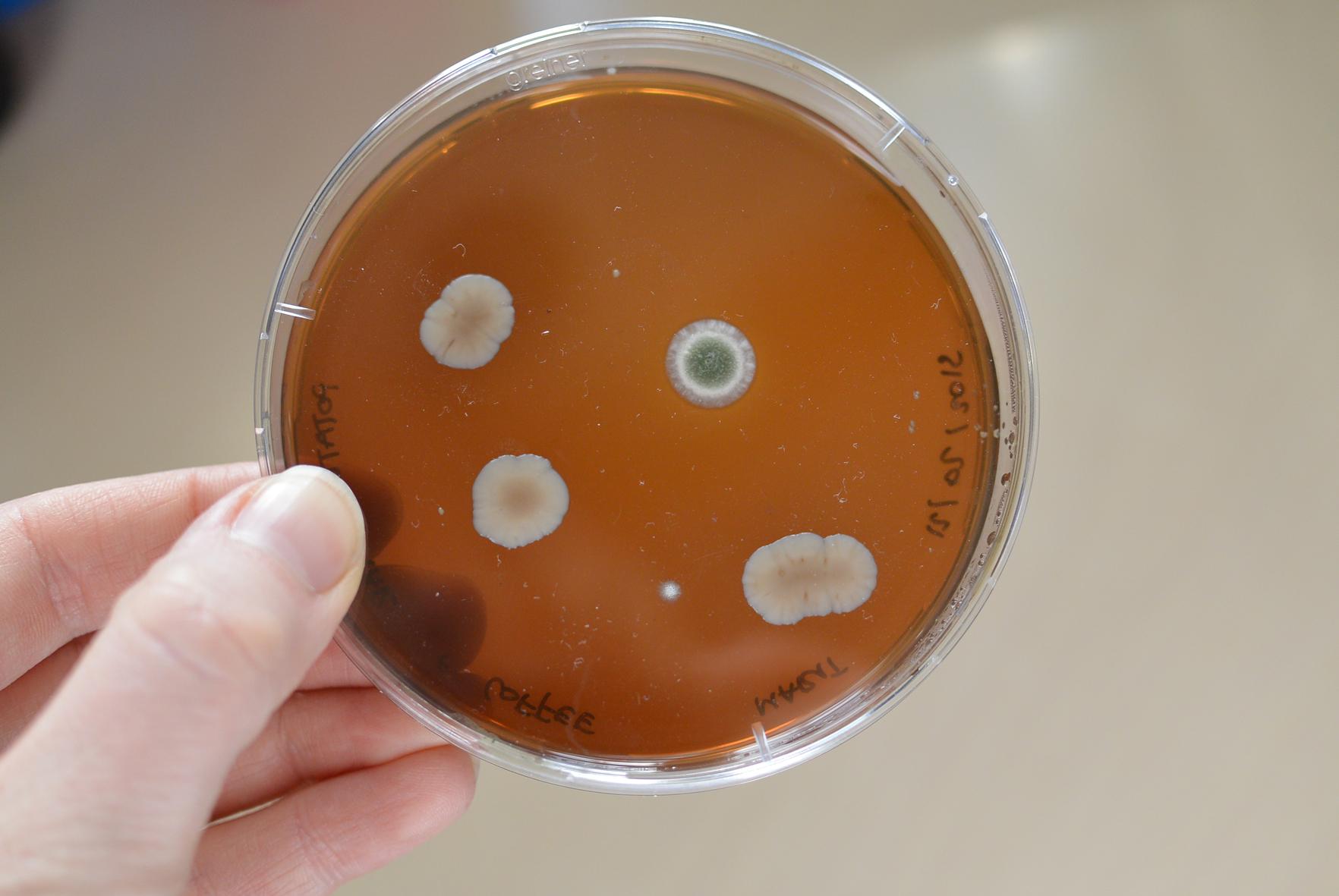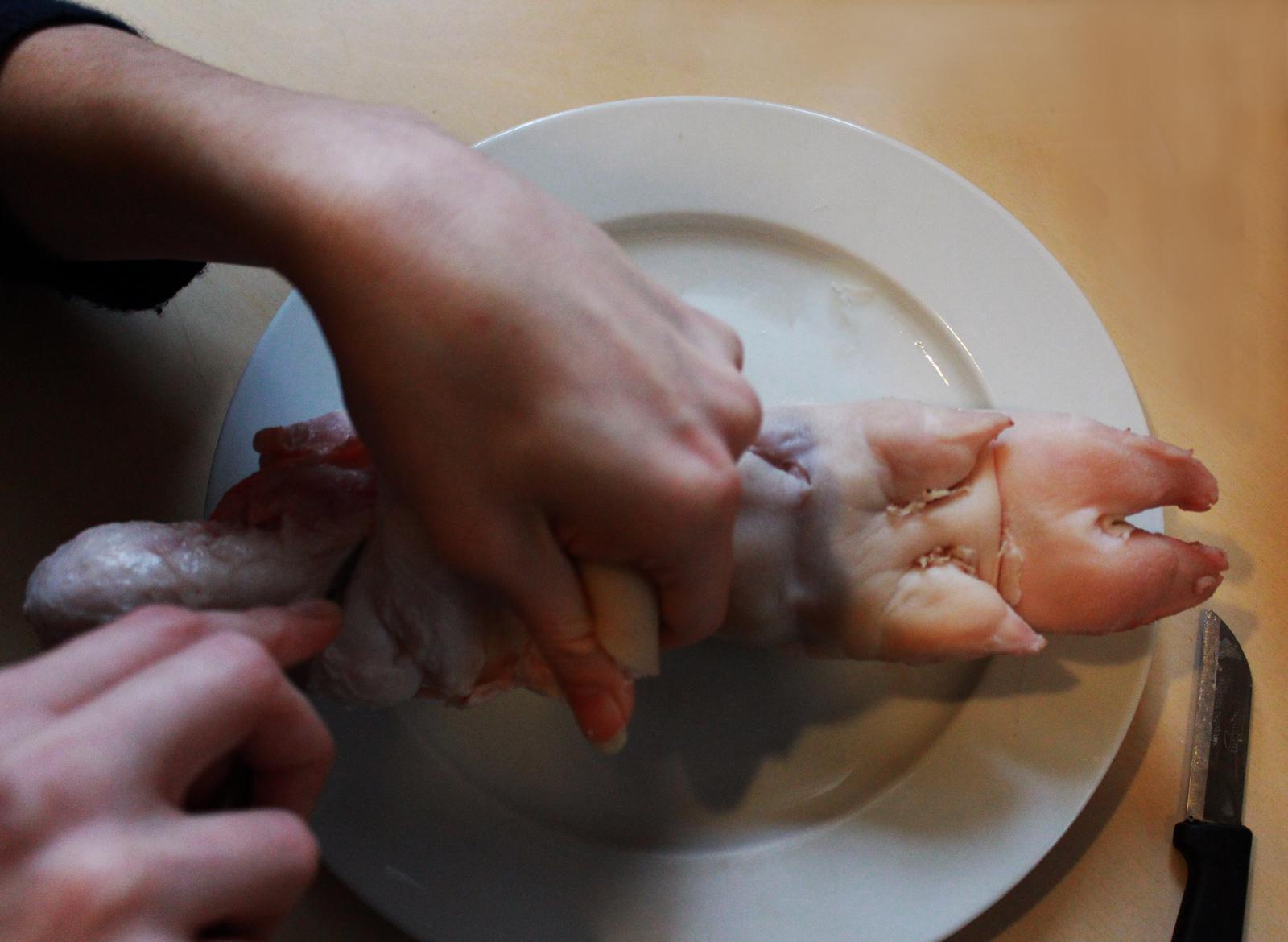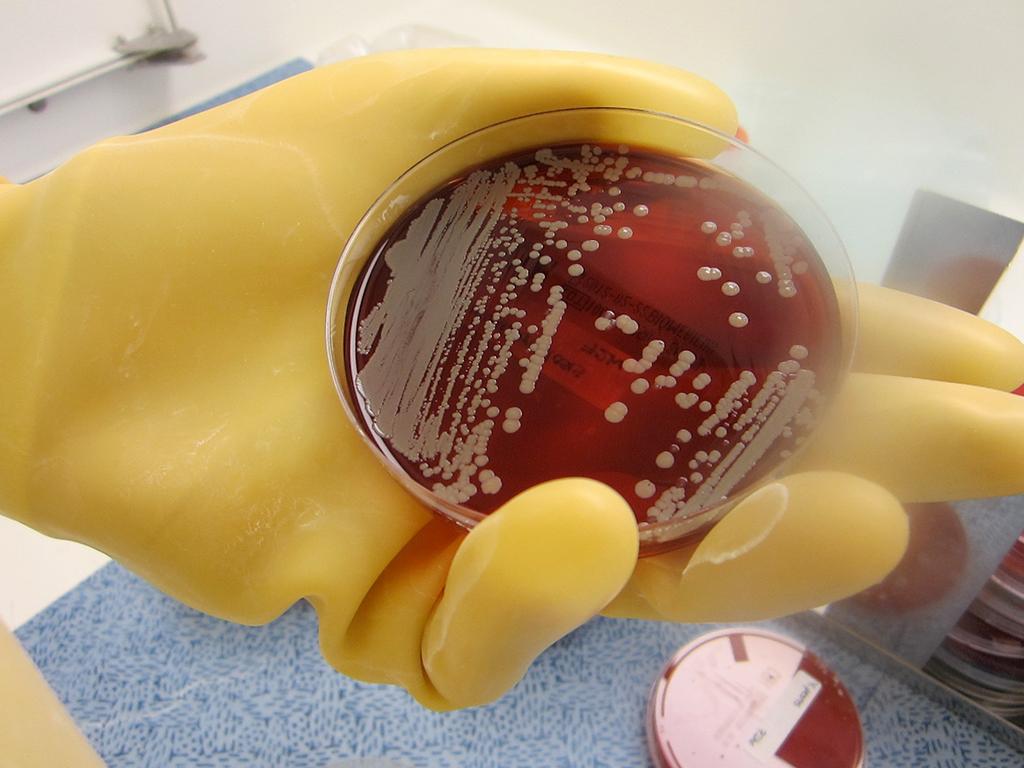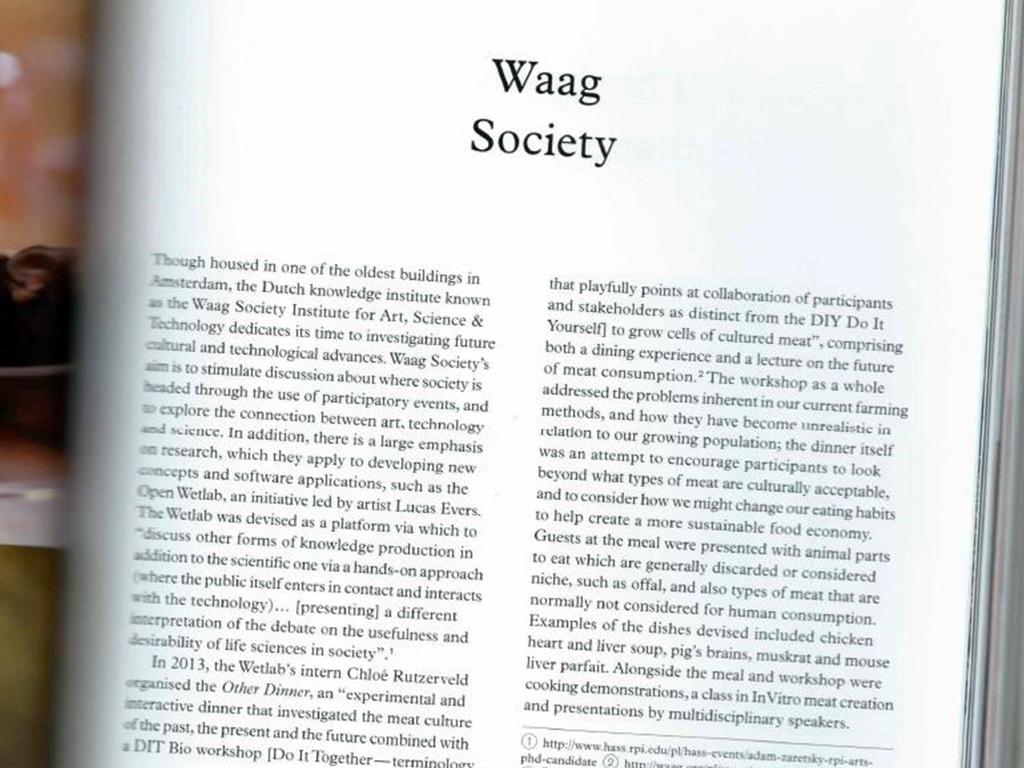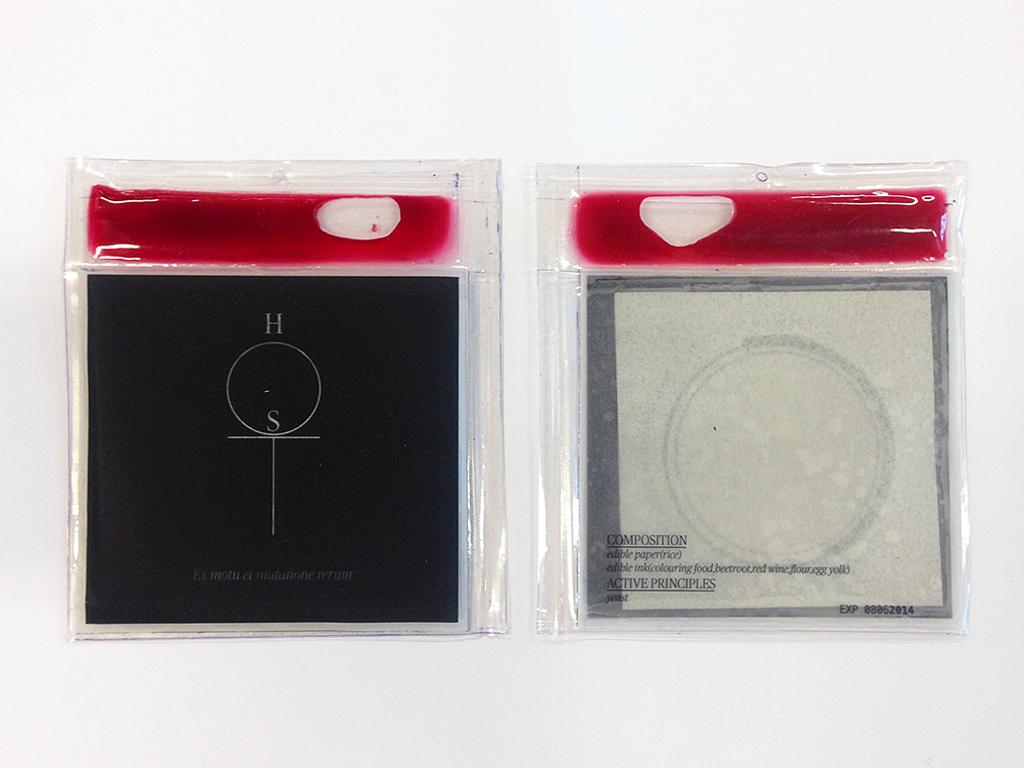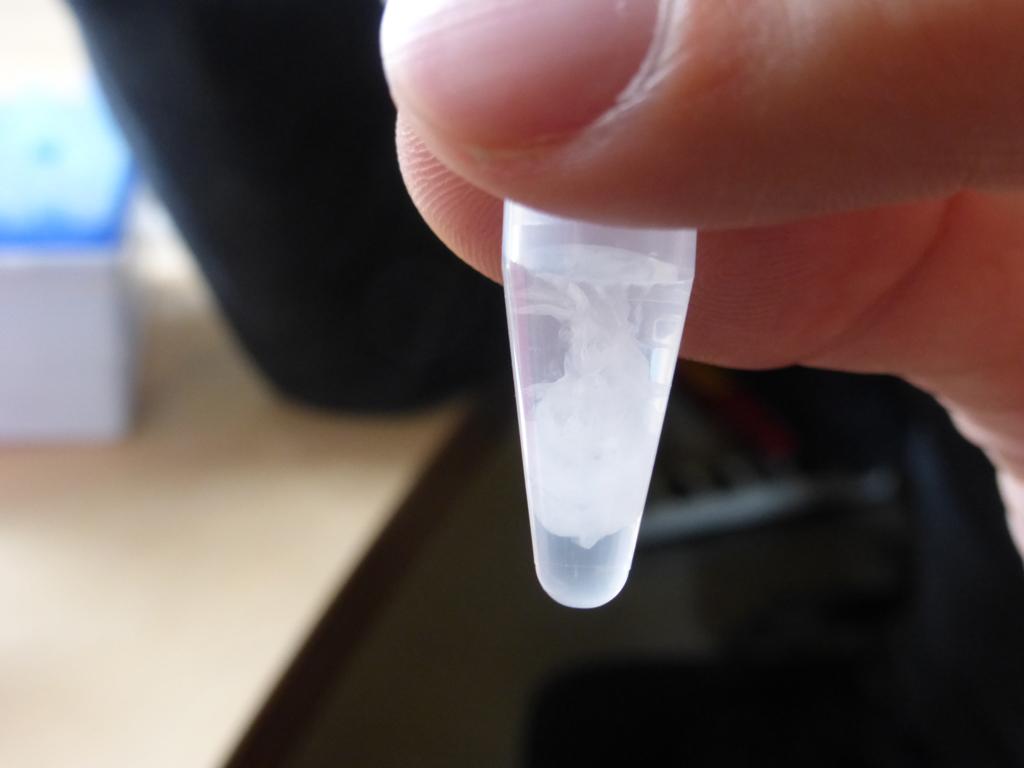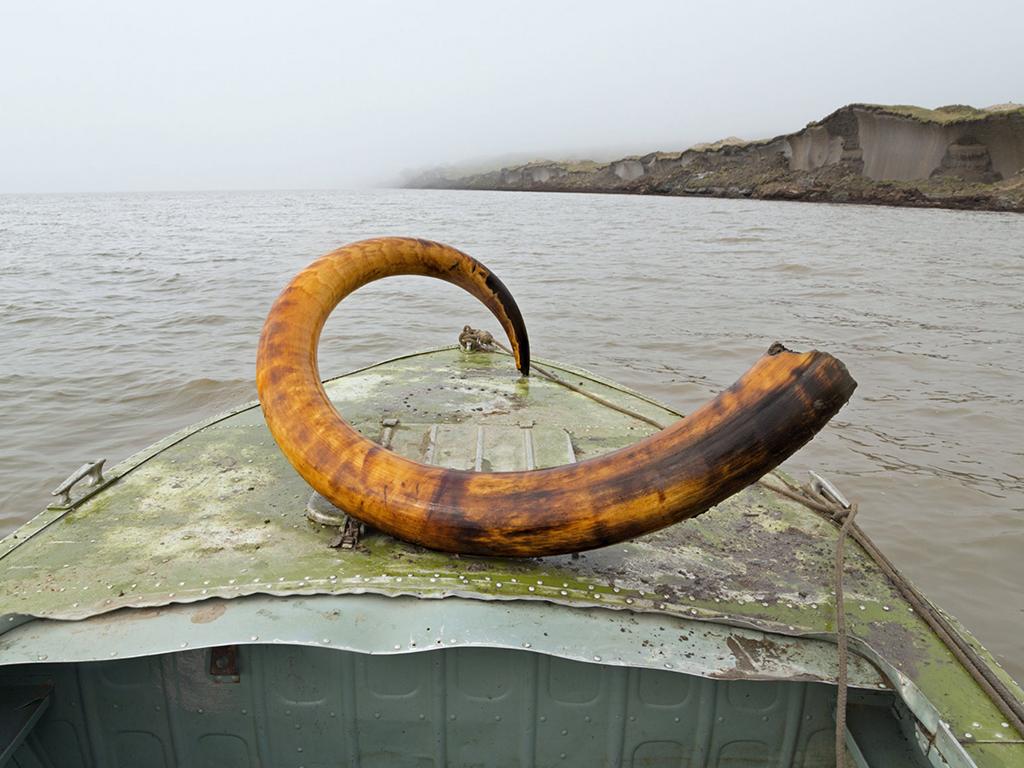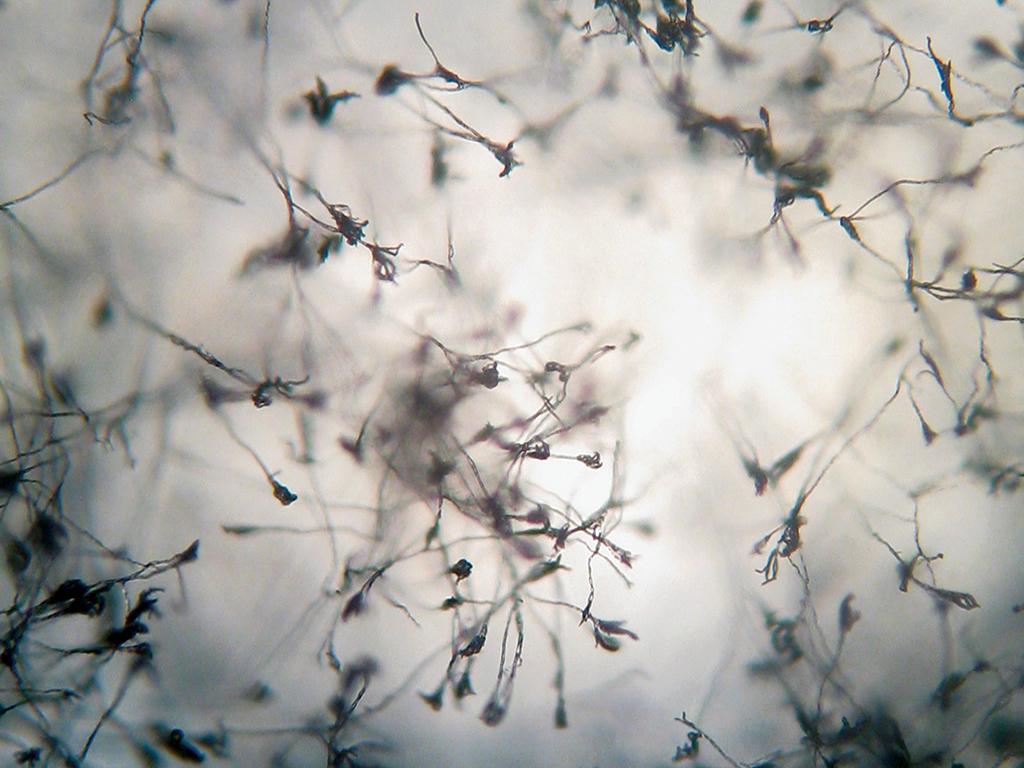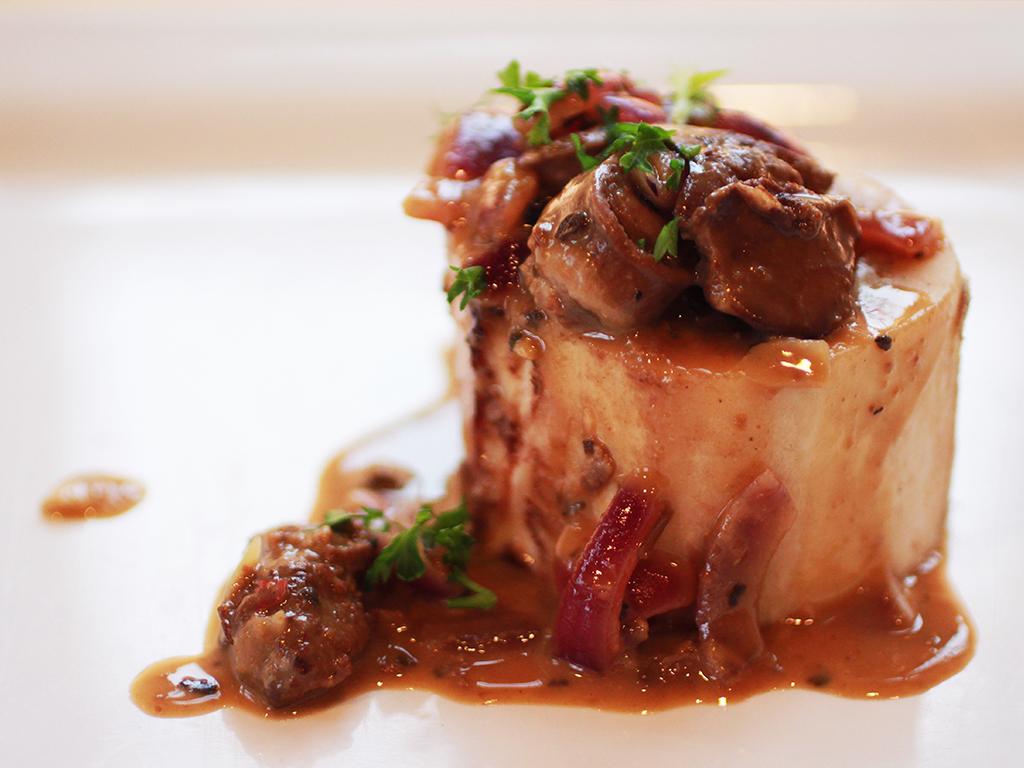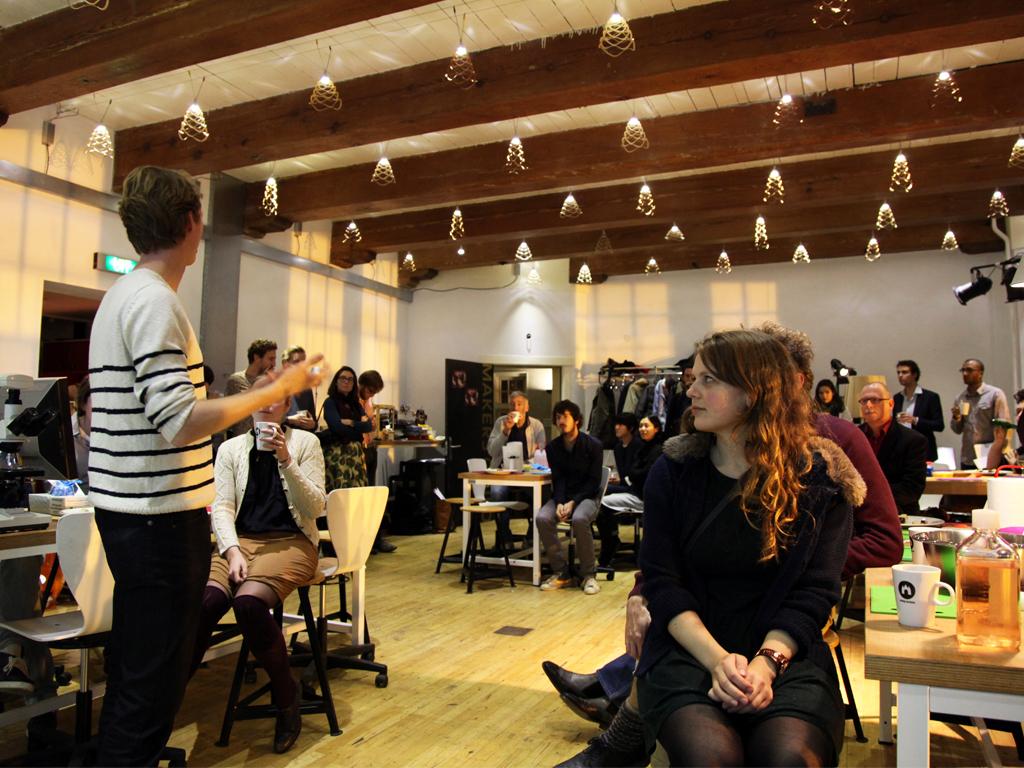Life Scientists often isolate living creatures from their natural environment in order to study their behavior. Test tubes, petri dishes and bioreactors are the biotopes of the 21st century. In this project we argued that it not just the behavior of the subject of study, but also that of the researcher is influenced by these glass barriers.
For example, human insulin is produced by genetically modified microorganisms in bioreactors. Hamburgers grown in tissue flasks. Xenobiologists make such fundamental chemical modifications to living systems, that the very definition of biology may need to be revised. Organs are being printed. The border between what’s natural and what’s synthetic becomes more and more blurry.
So now that living organisms can be tamed, changed and tinkered with, how does this change our attitude towards what’s living? Are their different values attached to living materials inside of a glass container compared to organisms in the wild?
The In Vitro Futures research program has led to the following projects:
- The Other Dinner: exploring the food of the past, present and future, with an emphasis on in vitro meat
- Spirulina Superfood: grown your own protein source from sun light at home
- Ivorish: substituting natural ivory by synthetic biology
- Living Pixels: sustainable bacterial pigment production
